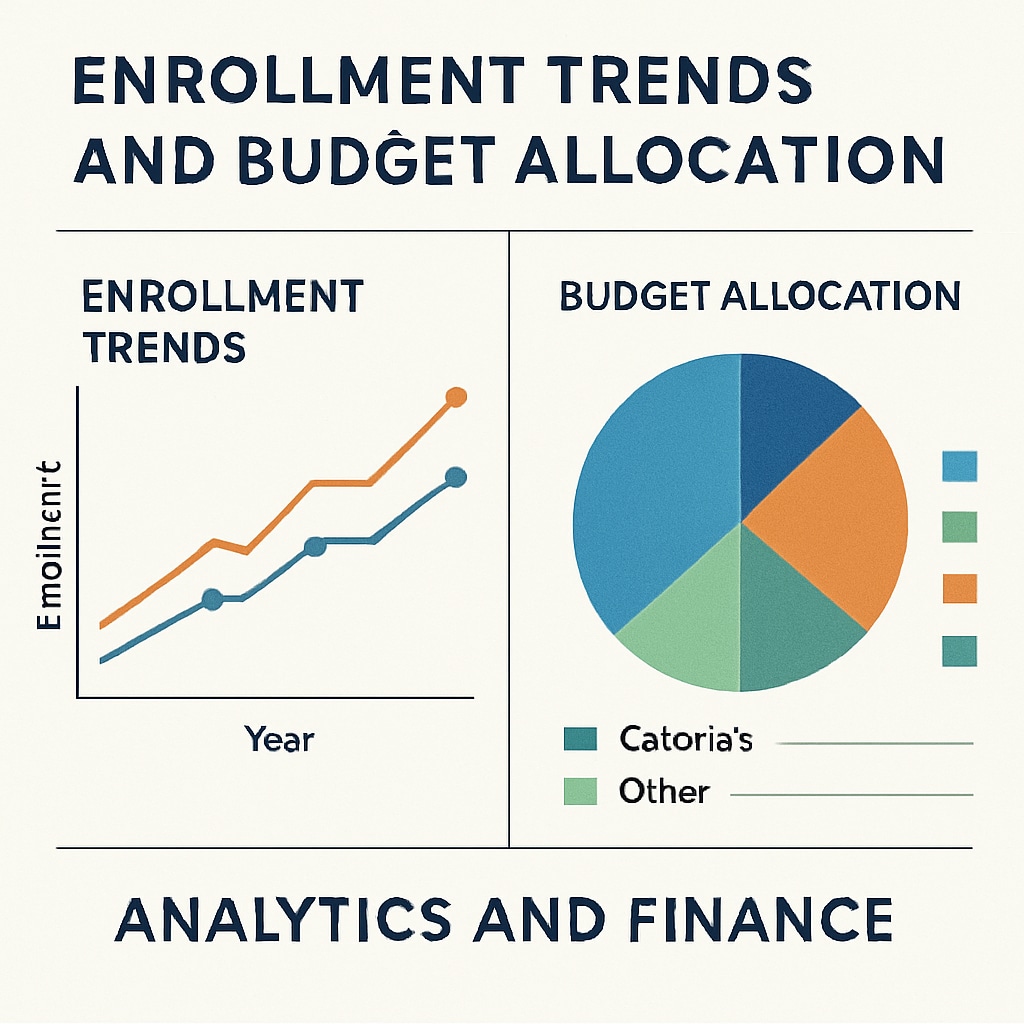The combination of Business Analytics and Finance provides a unique edge for professionals seeking to excel in K12 education management. By mastering data-driven decision-making, financial planning, and strategic operations, this pairing offers unparalleled opportunities to achieve high salaries and professional balance in a rapidly evolving field. Aspiring leaders in education can leverage this skill set to navigate challenges such as budget optimization, resource allocation, and long-term planning effectively.
Why Business Analytics and Finance is a Golden Combination
Business Analytics focuses on interpreting data to drive decision-making, while a Finance minor enhances understanding of financial systems, risk management, and investment strategies. Together, these areas equip professionals with the ability to analyze operational data, align it with financial goals, and implement strategies that maximize organizational efficiency.
In K12 education management, this combination is particularly valuable. Decision-makers must balance limited budgets, forecast enrollment trends, and ensure resources are allocated effectively to meet educational goals. A strong foundation in Business Analytics enables leaders to extract actionable insights from data, while financial expertise ensures these decisions are fiscally sound.

Applications in K12 Education Management
The integration of Business Analytics and Finance provides several practical applications within K12 education:
- Budget Optimization: Using data analysis to identify cost-saving opportunities and allocate funds effectively.
- Enrollment Forecasting: Predicting student enrollment trends to plan staffing and resource needs.
- Performance Metrics: Tracking key performance indicators (KPIs) to improve academic outcomes and operational efficiency.
- Strategic Decision-Making: Aligning financial strategies with long-term educational objectives.
For example, a school district might use analytics to identify underperforming programs and redirect funding toward initiatives with higher returns on investment. Simultaneously, financial skills enable leaders to negotiate better contracts, secure grants, and manage debt responsibly.

Career Growth and High Salary Potential
Professionals with expertise in both Business Analytics and Finance are in high demand across industries, including education. According to the Bureau of Labor Statistics, education administrators earn competitive salaries, with opportunities for growth as they take on larger districts or more complex roles. Combining analytics and finance skills can fast-track career progression, as these professionals bring added value to their organizations.
In addition, the hybrid skill set opens doors beyond K12 education, including roles in corporate training, nonprofit management, and education technology companies. The ability to understand data, coupled with financial acumen, is a powerful asset for any leadership role.
Tips for Achieving Career Balance and High Salaries
To maximize the potential of this skill combination, consider the following strategies:
- Continuous Learning: Stay updated on industry trends and software tools, such as SQL, Tableau, and financial modeling platforms.
- Networking: Join professional associations like the Association for Education Finance and Policy (AEFP) to connect with peers and mentors.
- Certifications: Pursue certifications like Certified Analytics Professional (CAP) or Chartered Financial Analyst (CFA) to enhance credibility.
- Work-Life Balance: Prioritize time management and delegate tasks to maintain personal well-being while pursuing ambitious career goals.
By implementing these strategies, professionals can achieve a rewarding career that combines financial success with meaningful contributions to education.
Conclusion: The pairing of Business Analytics and Finance Minor is a strategic choice for aspiring leaders in K12 education management. It empowers professionals to make informed decisions, optimize resources, and drive organizational success, all while pursuing high salaries and career satisfaction. Whether you’re planning to lead a school district or innovate in education technology, this golden combination is the key to unlocking your potential.


